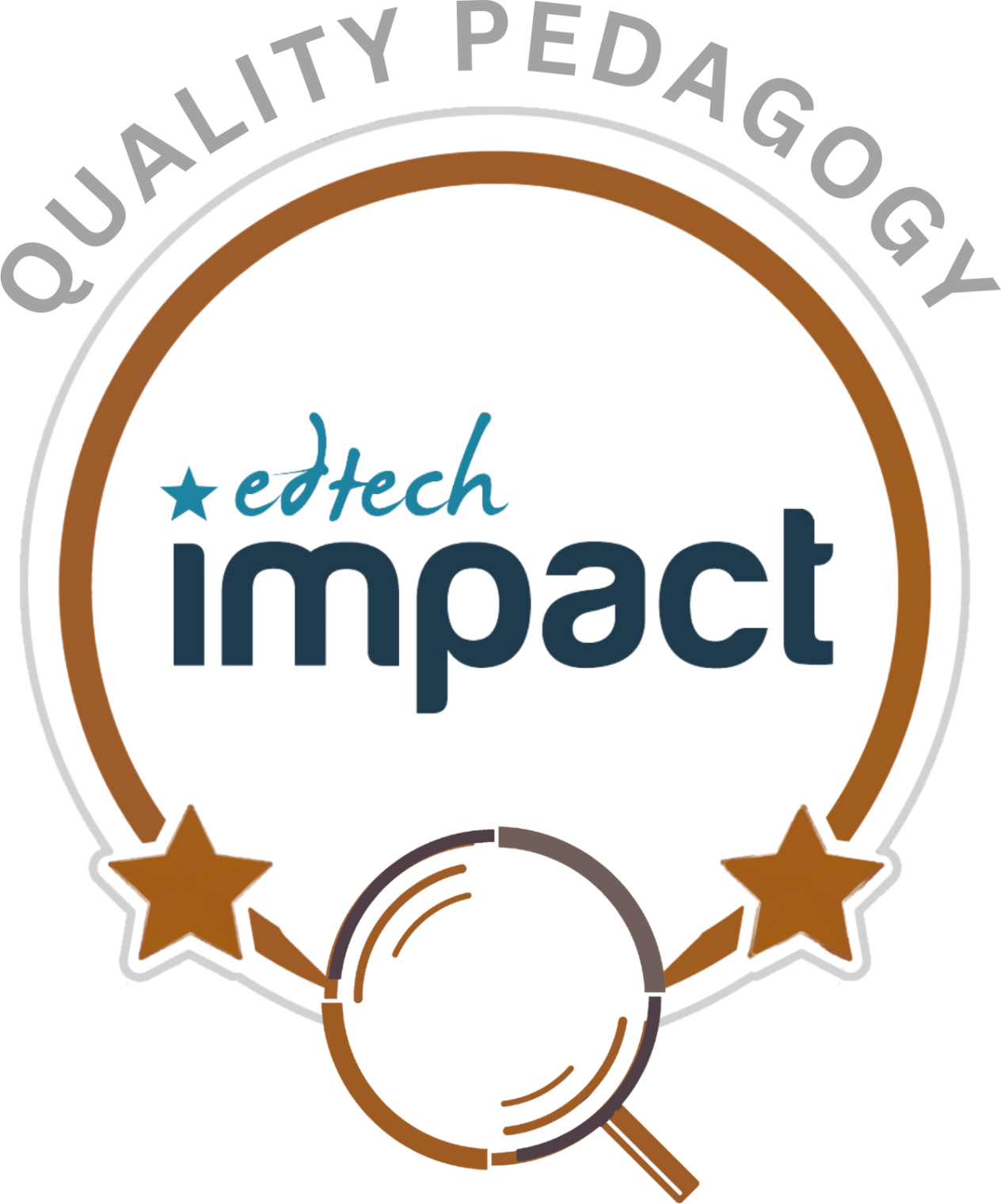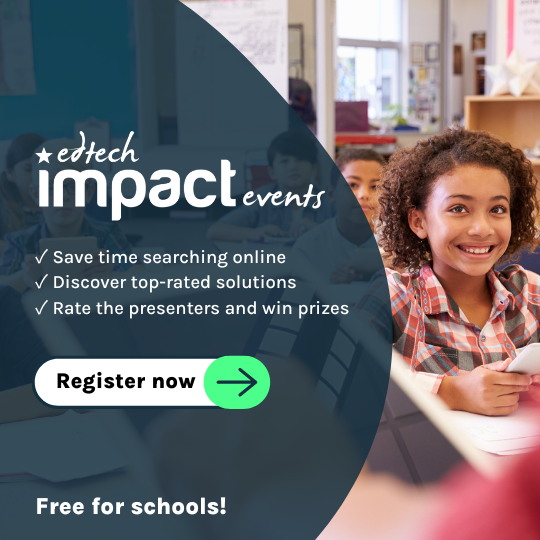What is Fundza?
FunDza’s mission is to improve the literacy levels of South Africa’s youth by encouraging reading for pleasure, writing for meaning, and learning for life. Through our work, we aim to grow generations of educated, empowered and engaged young leaders and citizens in South Africa.
Our main platform is fundza.mobi – our ‘library on a phone’ (or computer). Readers, writers and course participants can connect with FunDza through our mobile-friendly and data-light site. The site is also free if accessed through the Moya Messenger App and Freebasics.com App. There is also a FunDza app for android devices – FunDzapp. Currently, around 300,000 individual users access FunDza content on a monthly basis.
Compare Fundza with...
Pedagogy
Certified by Education Alliance Finland,
EAF Evaluation is an academically-backed approach to evaluating the pedagogical design of a product. EAF evaluators assess the product using criteria that covers the most essential pedagogical aspects in the learning experience.
Learning goals
Certified by Education Alliance Finland
The supported learning goals are identified by mapping the product against the selected reference curriculum and soft skills definitions most relevant for the 21st century.
- Encouraging to build new information and visions
- Supporting student to build their own linguistic and cultural identity
- Practicing to observe spoken and written language
- Practicing categorization and classification
- Practicing to look things from different perspectives
- Encouraging to build new information and visions
- Learning to build information on top of previously learned
- Practicing to notice causal connections
- Learning to plan and design own written content and textual representations
- Learning the basics of spelling
- Learning to recognise and evaluate arguments and their reasonings
- Practicing to take responsibility of one's own learning
- Learning to understand and interpret diverse types of texts
- Analysing a writer’s choice of vocabulary, form, grammatical and structural features, and evaluating their effectiveness and impact.
- Learning to understand and interpret diverse types of texts, from vernacular to academic
- Exploring aspects of plot, characterisation, events and settings, the relationships between them and their effects.
- Identifying and interpreting themes, ideas and information.
- Practicing logical reasoning to understand and interpret information in different forms
- Using linguistic and literary terminology accurately and confidently in discussing reading, writing and spoken language.
- Practicing letters, alphabets and written language
- Consolidate and build on their knowledge of grammar and vocabulary through studying their effectiveness and impact in the texts they read.
- Acquire a wide vocabulary, an understanding of grammar and knowledge of linguistic conventions for reading, writing and spoken language
- Write clearly, accurately and coherently, adapting their language and style in and for a range of contexts, purposes and audiences.
- Creating requirements for creative thinking
- Practicing to express own thoughts and feelings
- Practicing to argument clearly own opinions and reasonings
- Practicing to use imagination and to be innovative
- Restructuring their writing, and amending its grammar and vocabulary to improve coherence, consistency, clarity and overall effectiveness.
- Revise, edit and proof-read through reflecting on whether their draft achieves the intended impact.
- Selecting, and using judiciously, vocabulary, grammar, form, and structural and organisational features, including rhetorical devices, to reflect audience, purpose and context, and using Standard English where appropriate.
- Selecting and organising ideas, facts and key points, and citing evidence, details and quotation effectively and pertinently for support and emphasis.
- Analysing a writer’s choice of vocabulary, form, grammatical and structural features, and evaluating their effectiveness and impact.
- Distinguishing between statements that are supported by evidence and those that are not, and identifying bias and misuse of evidence.
- Seeking evidence in the text to support a point of view, including justifying inferences with evidence.
- Identifying and interpreting themes, ideas and information.
- Drawing on knowledge of the purpose, audience for and context of the writing, including its social, historical and cultural context and the literary tradition to which it belongs, to inform evaluation.
- Understand and critically evaluate texts through reading in different ways for different purposes, summarising and synthesising ideas and information, and evaluating their usefulness for particular purposes.
- Re-reading literature and other writing as a basis for making comparisons.
- Read and appreciate the depth and power of the English literary heritage through reading a wide range of high-quality, challenging, classic literature and extended literary non-fiction, such as essays, reviews and journalism.
- Practicing strategic thinking
- Practicing to plan and execute studies, make observations and measurements
- Practicing to notice causal connections
- Learning to recognise and evaluate arguments and their reasonings
- Paying attention to the accuracy and effectiveness of grammar, punctuation and spelling.
- Encouraging students to be innovative and express new ideas
- Practicing creative thinking
- Creating requirements for creative thinking
- Practicing persistent working
- Learning to notice causal connections
- Using technological resources for finding and applying information
- Learning to plan and design own written content and textual representations
- Learning the basics of spelling
- Practicing to use information independently and interactively
- Learning to understand and interpret diverse types of texts
- Learning to understand and interpret diverse types of texts, from vernacular to academic
- Practicing logical reasoning to understand and interpret information in different forms
- Realizing the connection between subjects learned in free time and their impact to skills needed at worklife
- Connecting subjects learned at school to skills needed at working life
- Learning to plan and organize work processes
- Learning to use foreign language in work context
- Encouraging positive attitude towards working life
- Learning to understand the meaning of rules, contracts and trust
- Practicing to use foreign language as a communication tool
- Learning decision-making, influencing and accountability
- Learning to listen other people’s opinions
- Practicing to argument clearly own opinions and reasonings
- Encouraging to build new information and visions
- Encouraging to build new information and visions
- Learning to build information on top of previously learned
- Learning about different countries and their characteristics
- Practicing logical reasoning to understand and interpret information in different forms
- Realizing the connection between subjects learned in free time and their impact to skills needed at worklife
- Practicing versatile ways of working
- Learning to plan and organize work processes
- Learning consumer knowledge and smart economics
- Enabling the growth of positive self-image
- Practicing to give, get and reflect feedback
- Practicing to express own thoughts and feelings
- Learning to listen other people’s opinions
- Practicing to argument clearly own opinions and reasonings
- Practicing strategic thinking
- Learning about cultural aspects and to respect different cultures
- Encouraging to build new information and visions
- Supporting student to build their own linguistic and cultural identity
- Getting familiar with different cultures
- Learning to understand people, surroundings and phenomenons around us
- Learning to know and respect human rights
- Practicing to notice links between subjects learned
- Encouraging to build new information and visions
- Learning to build information on top of previously learned
- Practicing to notice causal connections
- Practicing to take care of own and other people’s safety
- Practicing to take care of one's own and other people’s safety
- Practicing to take care of one's own wellbeing and health
- Encouraging the growth of positive self-image
- Supporting the growth of environmental awareness
- Recognizing habits that are good for sustainable living
- Practicing to recognize and express feelings
- Practicing to look things from different perspectives
- Practicing to create questions and make justifiable arguments based on observations
- Practicing to notice causal connections
- Learning to recognise and evaluate arguments and their reasonings
- Learning to find solutions in social conflicts
- Practicing to use imagination and to be innovative
- Practicing to use imagination and to be innovative
- Encouraging students to be innovative and express new ideas
- Practicing to improvise
- Practicing creative thinking
- Learning to find the joy of learning and new challenges
- Practicing to set one's own learning goals
- Practicing to take responsibility of one's own learning
- Practicing persistent working
- Practising visual recognition
- Learning to notice causal connections
- Practicing memorizing skills
- Practicing letters, alphabets and written language
- Using technology as a part of explorative process
- Using technology to express one’s emotions and experiences
- Using technology as a part of explorative and creative process
- Learning to plan and design own written content and textual representations
- Learning the basics of spelling
- Practicing keyboard skills and touch typing
- Learning to view and consider media and advertising critically
- Learning to understand and interpret diverse types of texts
- Using technology as a part of explorative and creative process
- Learning to understand and interpret diverse types of texts, from vernacular to academic




